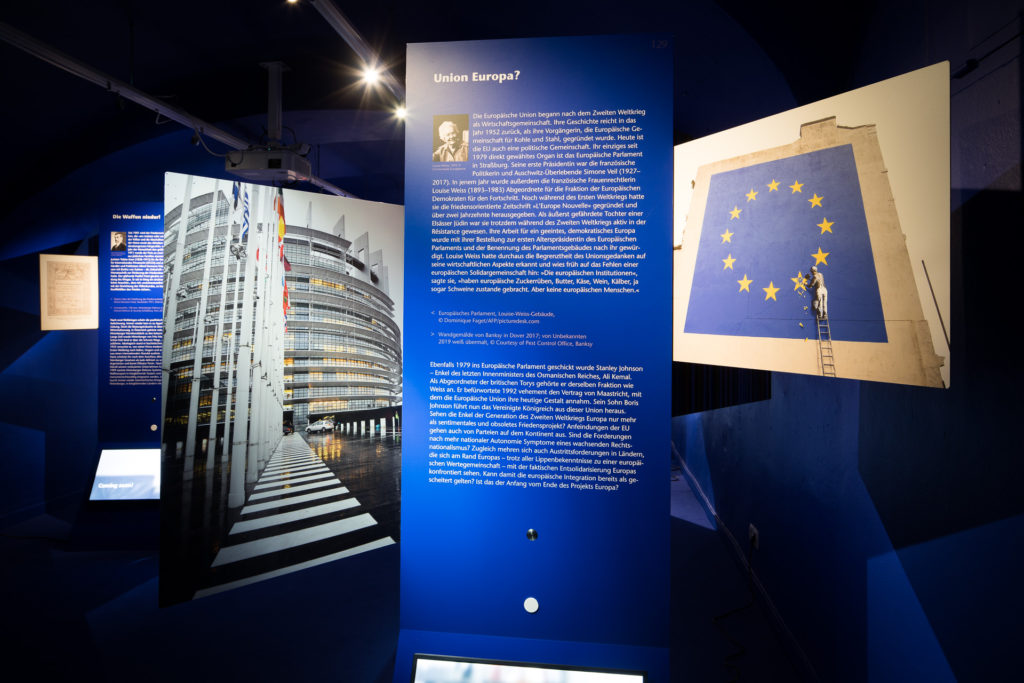European Diary, March 23, 2021: Apparently, Austria’s Chancellor Kurz has now completely lost his way. Here is the current summary of a week of Austrian own goals. One more grotesque than the other.
Not quite two weeks ago, Kurz announced a “European scandal.” Looking at the different vaccination progress in various EU states, it was apparent that some states were moving faster than others. And that was indeed, due to different delivery rates. Kurz linked this to an alleged “bazaar” that favored some countries. The accusation had been around for barely half a day before it was exposed as a propaganda lie. There was a simple reason for the differences in supply volumes. Some countries wanted more of the more expensive Biontech, others more of the cheaper Astra Zeneca vaccine. And then there were the well-known supply problems at Astra Zeneca. You can work out the result for yourself.
It also quickly became clear that it was not least governments with a – how shall we put it – pronounced “EU skepticism” (e.g. Austria’s) that had prevented the EU Commission from simply distributing the vaccines evenly according to population size. No, they wanted to determine for themselves who received how much of which vaccine.
Austria, by the way, happened to be right in the middle on the overall balance of deliveries. Compared with the other countries, Austria had received neither too little nor too much.
But then the next gust burst. The chancellor heard that the Austrian representative on the EU steering committee had apparently missed an opportunity to secure a few additional orders. The fact that Kurz did not want to know anything about this prompted the otherwise calm political scientist Peter Filzmaier to ask on Austrian radio what “Chancellor Kurz actually does for a living”. Now the “culprit, an old ÖVP veteran, was fittingly sitting in the Green Ministry of Health, which gave the chancellor the opportunity to publicly show off the Minister of Health, who had just been prevented from attending due to illness. And to have nothing to do with it himself. All this without anyone noticing that there is now a significant gap between “order” and “deliver. In other words, if Clemens Martin Auer had placed his additional order, no more vaccines would have arrived in Austria in the foreseeable future. In any case, more vaccines have already been ordered than Austria needs.
After this “scandal” also vanished into thin air faster than anyone could watch, Kurz became the advocate of the “short-changed” and categorically demanded an EU summit. Which, however, was just around the corner anyway.
In view of the truly unequal supply volumes affecting some Eastern European countries, such as Bulgaria, Croatia and Lithuania, the EU Commission now wanted to show action on its part. And announced a negotiating success with Biontech.
10 million doses are now to be brought forward from the fall and will benefit the countries with poorer supplies in particular, even though they may basically have only themselves to blame for their malaise. But what does one not do to calm the spirits.
As soon as this warm rain of additional cans appeared on the horizon, the Austrian chancellor changed his shirt again and proudly announced that Austria (so far neither disadvantaged nor advantaged) would be entitled to 400,000 from these new deliveries and let himself be celebrated for it. But even this celebration lasted only a short time. After all, Austria would now enrich itself at the expense of the previously disadvantaged. The announcement from Brussels, but also from other EU countries, was not long in coming. Austria is to expect times at the moment exactly zero additional doses. Now the Austrian chancellor stands before the shambles of his own scandal. And threatens with a veto.
At least he has managed to distract from things that could have really gotten in the way of his anti-EU rhetoric. The scandal and Hygiene Austria and other problems with “message control.” And then there’s the South African mutation in Tyrol. Not at all bureaucratic, the EU had reacted to the hotspot of the South African mutation in Tyrol. And led the district of Schwaz out of the crisis with a generous emergency supply of vaccines. Now, of course, everyone wants that, too. But this actual favoritism of Austria has really not lent itself to scoring points in Austria with anti-EU propaganda. In any case, Kurz got this problem out of the way in the short term.
Flashback, 23.3.2020: Two Boeing of the airline AUA fly in 130 tons of medical protection material from China for Tyrol and South Tyrol. The airlift is celebrated with great media attention as a spectacular success by Chancellor Kurz and South Tyrol’s Governor Kompatscher. The mountain sports outfitter Oberalp Group is also celebrating itself for the relief action. A total of 20 million protective masks are to be delivered. A short time later, however, the protective masks delivered turn out to be largely unusable. Certificates, without which the goods should not have been imported, are completely missing. Only 1.7 million masks out of 20 million already paid for are finally delivered at all.
The EU Commission asks the member states to ensure that the flow of goods within the EU is maintained by setting up green lanes with priority for freight traffic, in view of the threat of further border closures that could lead to supply bottlenecks for vital goods.

